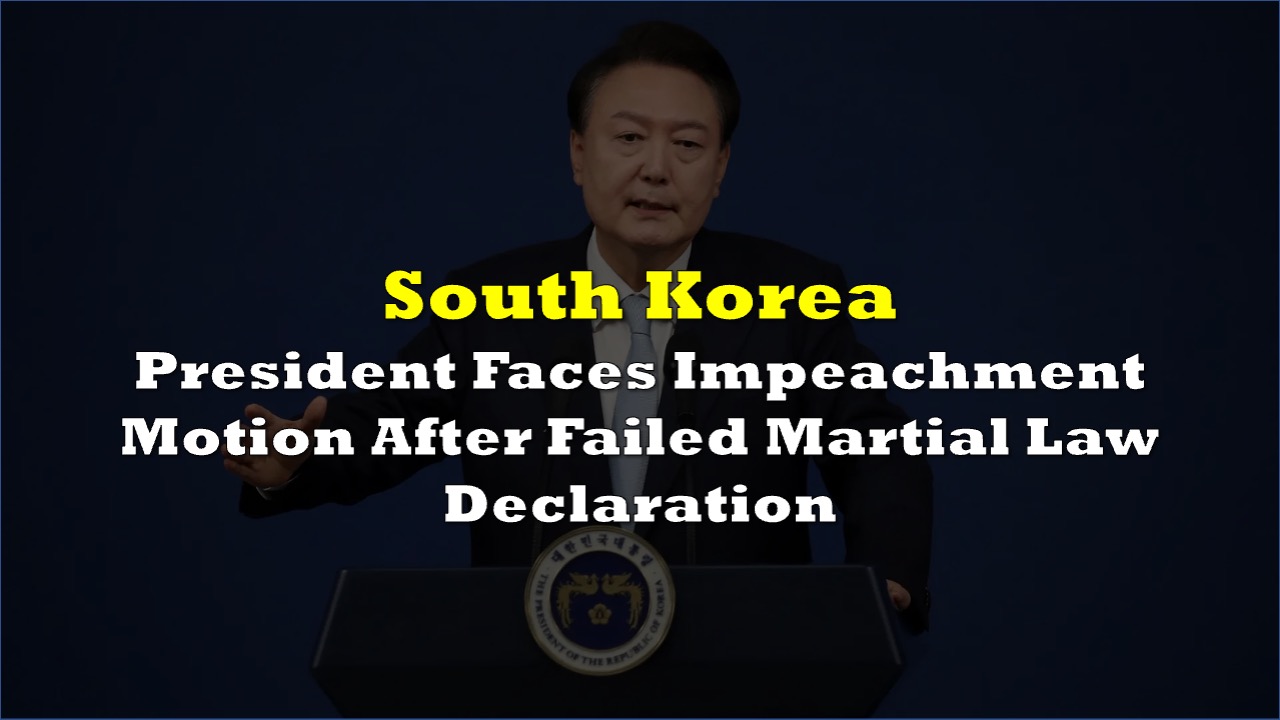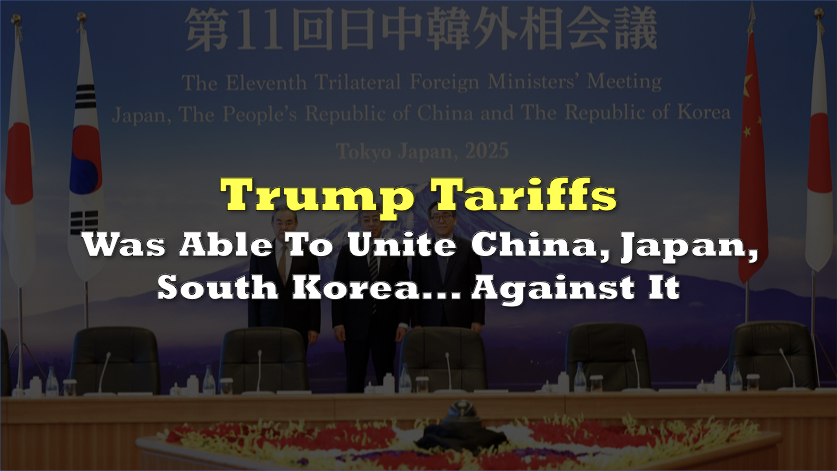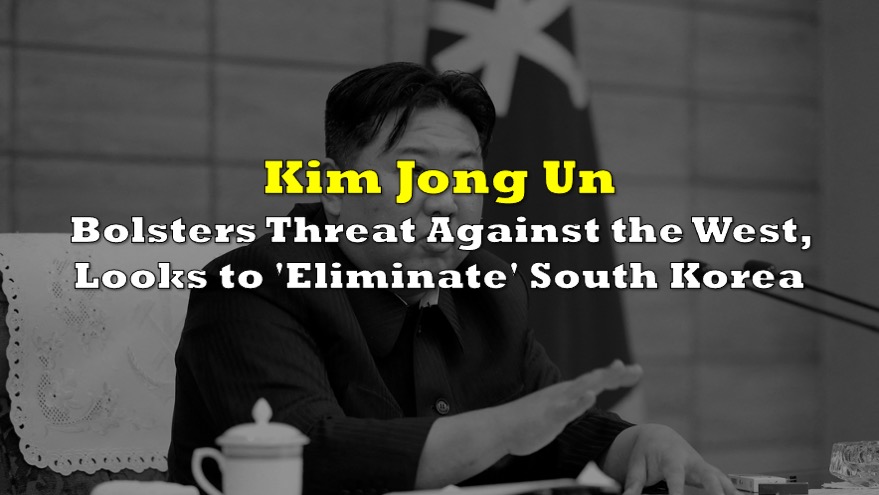South Korean opposition parties have submitted a motion to impeach President Yoon Suk Yeol following his short-lived declaration of martial law, marking a dramatic escalation in the country’s political crisis.
The motion, backed by six opposition parties including the majority-holding Democratic Party, could be put to a vote as early as Friday.
Martial law has been defeated https://t.co/Szba7AEkqw
— Jason Nicholl (@JJNicholl) December 3, 2024
The crisis began when Yoon declared martial law on Tuesday night, citing threats from North Korea and “anti-state forces.” The declaration, which came four decades after the last, sent shockwaves through the nation and caught international allies off guard.
However, Yoon was forced to withdraw the order early Wednesday morning after lawmakers voted against it in a contentious parliamentary session that saw opposition members physically clashing with security forces.
“President Yoon Suk Yeol’s martial law declaration was a clear violation of the constitution,” the Democratic Party stated, arguing that the declaration failed to meet legal requirements and constituted “a grave act of rebellion.”
Within two and a half hours of declaring martial law, South Korea's demand for the lifting of martial law was passed. pic.twitter.com/c5XrayI7uW
— Tsla Chan (@Tslachan) December 3, 2024
The impeachment effort has significant momentum, with opposition parties controlling 192 seats in the 300-seat parliament. However, they would need support from members of Yoon’s own party to reach the two-thirds majority required for impeachment. If successful, the motion would then need approval from at least six of nine constitutional court judges to remove Yoon from office.
Public reaction to Yoon’s actions has been overwhelmingly negative. Protesters gathered outside parliament through the night in freezing temperatures, defying the martial law order. When news broke of the order’s withdrawal around 4:30 a.m., demonstrators who had been chanting “Arrest Yoon Suk Yeol” erupted in celebration.
The nation’s largest labor union has called for an “indefinite general strike” until Yoon resigns. Even the leader of Yoon’s ruling People Power party, Han Dong-hoon, described the martial law attempt as “tragic” and called for accountability.
Major South Korean newspapers across the political spectrum have published scathing editorials. The conservative Chosun Ilbo called the declaration a “national embarrassment” that “severely crossed the line,” while the left-leaning Hankyoreh characterized it as a “betrayal of the people.”
Let's be clear: This was a self-coup attempt by Yoon Suk-yeol. The only saving grace was that like everything that Yoon has done, it was done in the most incompetent manner possible. He had no real control over the military, and TV news and internet continued to operate normally.
— The Blue Roof (@BluRoofPolitics) December 3, 2024
Yoon’s justification for martial law included claims that the national assembly had become “a haven for criminals” and a “den of legislative dictatorship.” He specifically targeted the Democratic Party, labeling them as “anti-state forces intent on overthrowing the regime.”
The declaration comes amid already-low approval ratings for Yoon, who recorded just 19% support in the latest Gallup poll. His administration has faced criticism over economic management and controversies involving his wife, Kim Keon Hee. The president has also been locked in a bitter dispute with opposition MPs over next year’s budget.
If removed from office, Yoon would become only the second South Korean president since democratization to be impeached. In an ironic twist, Yoon, was the prosecutor general that led the corruption case that impeached Park Geun-hye in 2017.
In the event he follows Park’s fate or voluntarily steps down, Prime Minister Han Duck-soo will step in to assume Yoon’s presidential duties.
Information for this story was found via The New York Times, The Guardian, Reuters, and the sources and companies mentioned. The author has no securities or affiliations related to the organizations discussed. Not a recommendation to buy or sell. Always do additional research and consult a professional before purchasing a security. The author holds no licenses.









